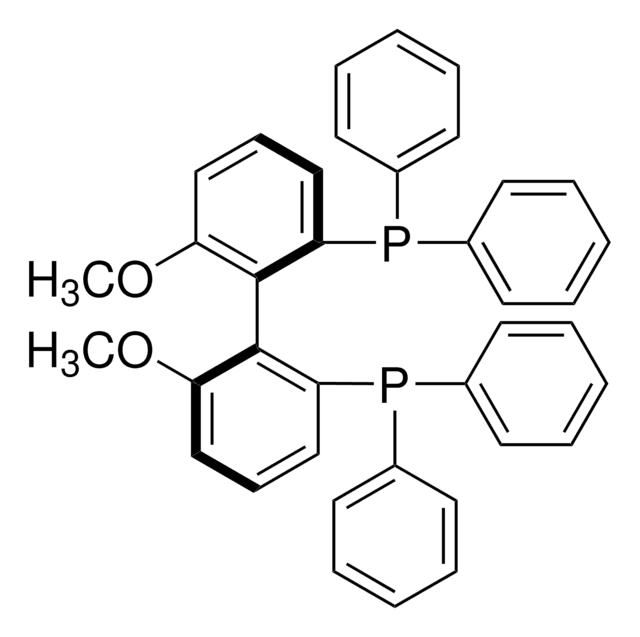916226
Lifeink® 200
neutralized type I collagen bioink, 35 mg/mL
Synonyme(s) :
3D Bioprinting, Bioink, Collagen
Se connecterpour consulter vos tarifs contractuels et ceux de votre entreprise/organisme
About This Item
Code UNSPSC :
12352201
Nomenclature NACRES :
NA.23
Produits recommandés
Niveau de qualité
Stérilité
sterile; sterile-filtered
Forme
viscous liquid
Concentration
30-45 mg/mL (Collagen concentration)
35 mg/mL
Impuretés
≤10 EU/mL Endotoxin
Couleur
white to off-white
pH
6.9-7.6
Température de stockage
2-8°C
Application
Lifeink(TM) 200 is a collagen based bioink that is suitable for 3D bioprinting using the FRESH printing technique. The recommended printing temperature is at 2-8 °C. It is a 35 mg/ml type I collagen. Lifeink(TM) 200 is composed of pH neutral collagen with physiological salt concentration. The collagen starting material is purified using a controlled manufacturing process. This bioink possesses high print fidelity, shear-thinning, strong mechanical strength, and good cytocompatibility.
Informations légales
Lifeink is a registered trademark of Advanced BioMatrix, Inc.
Mention d'avertissement
Warning
Mentions de danger
Conseils de prudence
Classification des risques
Met. Corr. 1
Code de la classe de stockage
8A - Combustible corrosive hazardous materials
Classe de danger pour l'eau (WGK)
WGK 1
Faites votre choix parmi les versions les plus récentes :
Déjà en possession de ce produit ?
Retrouvez la documentation relative aux produits que vous avez récemment achetés dans la Bibliothèque de documents.
Emerging Business Models Toward Commercialization of Bioprinting Technology.
Balakhovsky Y M, et al.
3D Printing and Biofabrication, 513-533 (2017)
Analysis and Classification of 3-D Printed Collagen-Bioglass Matrices for Cellular Growth Utilizing Artificial Neural Networks
Schmitt T, et al
University Chemistry (2018)
In vivo remodeling of a 3D-Bioprinted tissue engineered heart valve scaffold.
Maxson E L, et al
Bioprinting, 16, e00059-e00059 (2019)
In vivo remodeling of a 3D-Bioprinted tissue engineered heart valve scaffold.
Maxson E L, et al.
Bioprinting, 16, e00059-e00059 (2019)
S Fox et al.
Biomedical materials (Bristol, England), 14(4), 041001-041001 (2019-02-23)
Human autologous bioengineered skin has been successfully developed and used to treat skin injuries in a growing number of cases. In current clinical studies, the biomaterial used is fabricated via plastic compression of collagen hydrogel to increase the density and
Notre équipe de scientifiques dispose d'une expérience dans tous les secteurs de la recherche, notamment en sciences de la vie, science des matériaux, synthèse chimique, chromatographie, analyse et dans de nombreux autres domaines..
Contacter notre Service technique




![Exo-2-Naphthyl Kwon [2.2.1] Bicyclic Phosphine](/deepweb/assets/sigmaaldrich/product/structures/324/907/a6c29ce5-9be1-4585-9bfb-6dca8272f6e4/640/a6c29ce5-9be1-4585-9bfb-6dca8272f6e4.png)




